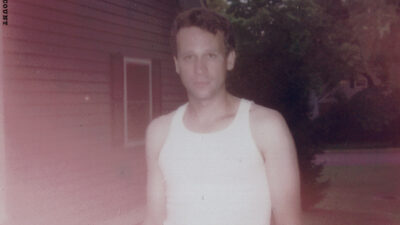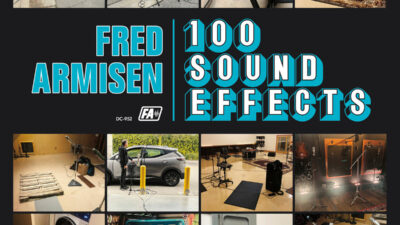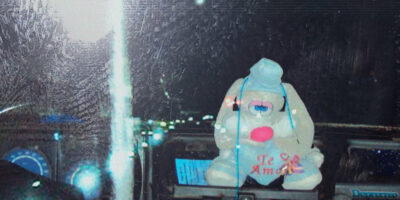Genre: Dream Pop
Favorite Tracks: “Letting Go,” “Partners in Motion,” “Dollhouse,” “Canyon on Fire”
With its signature Captured Tracks haze and southern twee sensibilities, it seemed unfathomable that Wild Nothing’s 2010 debut GEMINI would be the least nostalgic record in frontman Jack Tatum’s discography. Lo and behold, the University of Virginia legend’s releases have managed to successively up the wist. On INDIGO, Tatum’s first record as a married Los Angeleno, Wild Nothing trades the Prince-esque dance pop of LIFE OF PAUSE for Factory Records-inspired new wave.
Although bubble gum songwriting has been a key component of Wild Nothing’s charm since the act broke onto the scene, INDIGO is the group’s most outward attempt at a mainstream breakthrough to date. Before listening to INDIGO, I read a Vanity Fair interview promoting the record. In the feature, Tatum firmly states that his latest is a pop album, so before hitting play, I was expecting even more over the top retro-futurism than was showcased on LIFE OF PAUSE. Oddly enough, Wild Nothing’s latest sounds more like a rehashed Creation Records release than a Tears For Fears tribute. “Letting Go” is the most quintessentially indie Wild Nothing cut since “Live In Dreams,” bearing an uncanny and objectionable resemblance to The Cure’s 1987 smash hit “Just Like Heaven.” While INDIGO advertises itself as Wild Nothing’s SoCal pop record, it’s actually the artist’s first blatantly new wave release.
Despite the lyrical inspiration that relocation and marriage both frequently invoke, INDIGO may be Tatum’s least wide-eyed album to date. In spite of being Tatum’s first Los Angeles record, the album rarely addresses the excitement of switching up coasts. “Canyon on Fire” is the only track that references Southern California. Referencing the lethargic helplessness of watching a wildfire threaten to engulf L.A., the song is lyrically similar to the morose delectation of Death Cab For Cutie’s “Grapevine Fires.” Beyond “Canyon on Fire,” it is difficult to deduce Tatum’s opinions on West Coast living. In the aforementioned Vanity Fair interview, Tatum said he treated INDIGO’s songwriting process like a desk job, and while I’m sure the comfort of a musical 9-to-5 feels like the ultimate victory for Tatum, the monotony of a desk job also penetrates the album’s vanilla lyrics. For the most part, it’s almost impossible to grasp lines on the record. Words ambivalently float by on INDIGO, submerged beneath pretty vocals and driving melodies.
Style has always been a massive component of Wild Nothing’s musical formula. For an artist whose album covers often reveal more than his lyrics, INDIGO is the most externally approachable Wild Nothing record to date. The album cover, designed by Aaron Lowell, a graphic designer who has collaborated with like-minded indie bands such as Crumb and Field Trip, is equal parts early ’80s throwback and Instafeed-friendly trendy. It’s easy to trace Tatum’s come up from unexpected indie darling to sufficiently funded, well-oiled machine simply by looking at Wild Nothing’s album covers side by side. GEMINI’s Hipstamatic double exposure looks like an afterthought compared to INDIGO’s billboard-ready Hollywood sheen.
Listening to INDIGO, I had to continually remind myself that the Brooklyn indie pop boom of the early 2010s has come and gone. Wild Nothing’s luckier peers Beach Fossils and DIIV have also evolved in sound, style, and lineup. Real Estate’s beach bum cool was abandoned when Matt Mondanile was outed for sexual misconduct. Hipster Runoff’s Carles declared the scene dead and sold his legendary blog’s domain. Girls broke up and Christopher Owens started releasing unironic soft rock. Ultimately, it’s just impressive that Wild Nothing has withstood the rise and fall of so many similar dream pop buzz bands. I can’t say I don’t miss the wool gathering of GEMINI or the intentionally stalkerish neo-noir of NOCTURNE, but the market for the group’s early sound simply isn’t as big as it used to be. The bands that were cutting edge in 2010 either broke up or were forced to commercialize when Williamsburg stopped being cheap. Though INDIGO wears its victory lap status on its sleeve, at least Wild Nothing’s career has been an enduring triumph.
















Comments